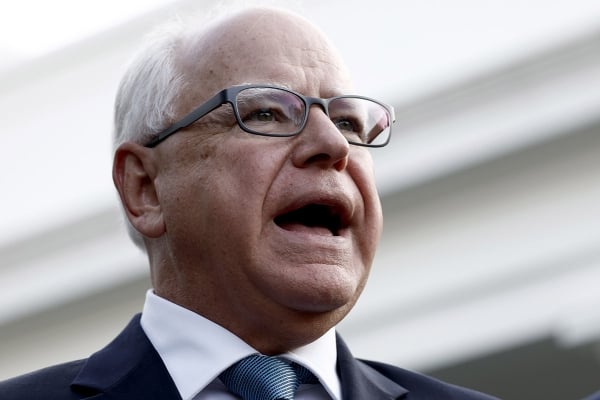Former Vice President Joe Biden, the presumptive Democratic nominee for the 2020 presidential election, has announced California Senator Kamala Harris as his running mate. This decision has been met with both excitement and criticism, but one thing is certain: Harris’s stance on education and higher learning is a key component of her platform.
Harris, who has served in the Senate since 2017, has a strong track record of advocating for increased funding for education, particularly in regards to state universities and colleges. One of her most notable positions is her support for free college tuition for students from families earning less than $125,000 a year. This policy is aimed at increasing access to higher education for low-income students and reducing the burden of student loan debt that many graduates face.
In addition to backing free college tuition, Harris has also proposed significant investments in state universities to ensure that they can provide high-quality education to all students. This includes funding for research, infrastructure upgrades, and faculty development. By investing in state universities, Harris hopes to support economic growth and innovation in various fields, as well as provide students with the tools they need to succeed in the workforce.
Harris’s focus on education and higher learning is not surprising, given her background as a former prosecutor and attorney general of California. She understands the importance of education in creating a more equitable society and believes that investing in state universities is a crucial step towards achieving that goal. By supporting free college tuition and increased funding for state universities, Harris aims to level the playing field and ensure that all students have access to the same opportunities.
While Harris’s education policies have garnered support from many Democrats and education advocates, they have also faced criticism from those who view them as too costly or unrealistic. Some opponents argue that providing free college tuition would be too expensive and could lead to reduced quality in higher education. Others believe that funding should be allocated differently, focusing on vocational training or trade schools instead.
Despite the criticism, Harris remains steadfast in her commitment to expanding access to education and investing in state universities. As Vice President, she would likely continue to advocate for policies that support higher learning and create opportunities for all students. With the 2020 election rapidly approaching, Harris’s stance on education will undoubtedly play a significant role in shaping the future of higher education in the United States.



